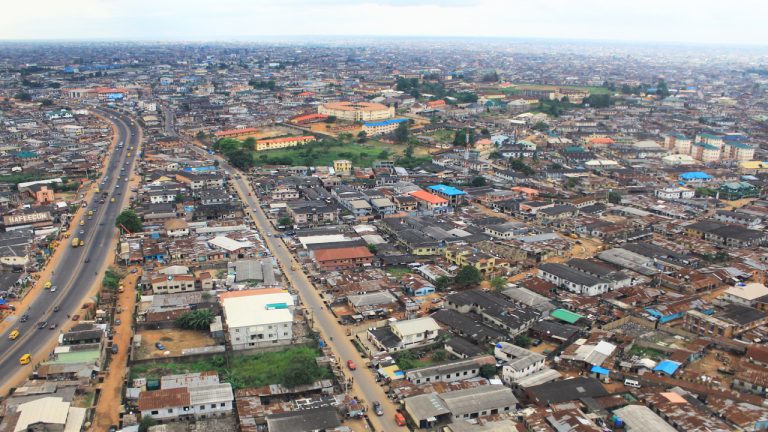
The International Monetary Fund (IMF) says its release of $16 billion towards sub-Sahara Africa will help to cover the needs of countries badly hit by the global pandemic, Covid-19. The financial institution says despite its swift action, the region still faces a financing gap of $290 billion between now and the year 2023.
Sub-Sahara Africa’s Limited Fiscal Space
According to the Fund, without significant additional financial assistance, many sub-Saharan African countries will struggle to simply maintain macroeconomic stability while meeting the basic needs of their populations.
Emphasizing the urgency of the matter in a blog, the International Monetary Fund (IMF) concludes the region “will need access to more grants, concessional credit, and debt relief” if it is “to prevent the loss of decades-worth of development gains.”
The global lender says, unlike advanced economies that have had the space to do “whatever it takes” to overcome effects of the pandemic, “in sub-Saharan Africa no such luxury exists, as countries struggle to do ‘whatever is possible’ with their scarce resources.”

Unsurprisingly, the IMF is projecting a “negative 3 percent growth in sub-Saharan Africa’s GDP in 2020, representing the worst outcome on record for the region.” The drop will be even larger for economies dependent on tourism and commodity exports. Growth in the region should rebound modestly in 2021 to 3.1 percent, but for many countries, a return to 2019 levels will not occur until 2022–24.
The Region Is Still in Need of Additional Funding
Meanwhile, the Fund reveals that the $16 billion it has availed will go towards the financing needs of 33 countries. It has also given “immediate debt service relief to 22 of the poorest, most vulnerable sub-Saharan African countries.” Emphasizing the importance of relaxing debt repayment terms, the Fund explains:
We are working with countries to put in place governance mechanisms to help ensure that the funds benefit their people as intended. We have also worked with the G20 to suspend debt service payments to official bilateral creditors and welcome the extension of the Debt Service Suspension Initiative.

Still, the IMF says more help is needed as “Sub-Saharan Africa faces additional financing needs of $890 billion through 2023” under what it terms an optimistic scenario.
Sub-Sahara Africa countries entered the crisis with significantly less fiscal space than they had prior to the global financial crisis of 2008–09. COVID-19 related fiscal support in sub-Saharan Africa has averaged 3 percent of GDP—markedly less than what has been spent in other regions of the world.
In conclusion, the IMF says the “pandemic has presented a historic opportunity to build a better future and the international community has an important role to play.”
It says fostering better transparency and governance to improve trust in rule of law, strengthen business conditions, and encourage external support will be a key element for developing a better future.
What are thoughts about Sub-Sahara Africa’s financing deficit? Share your views in the comments section below.
The post Covid-19 Hit Sub-Sahara Africa Gets $16 Billion From IMF, Region Still Faces $290B Financing Gap appeared first on Bitcoin News.
by Terence Zimwara via Bitcoin News
Comments
Post a Comment